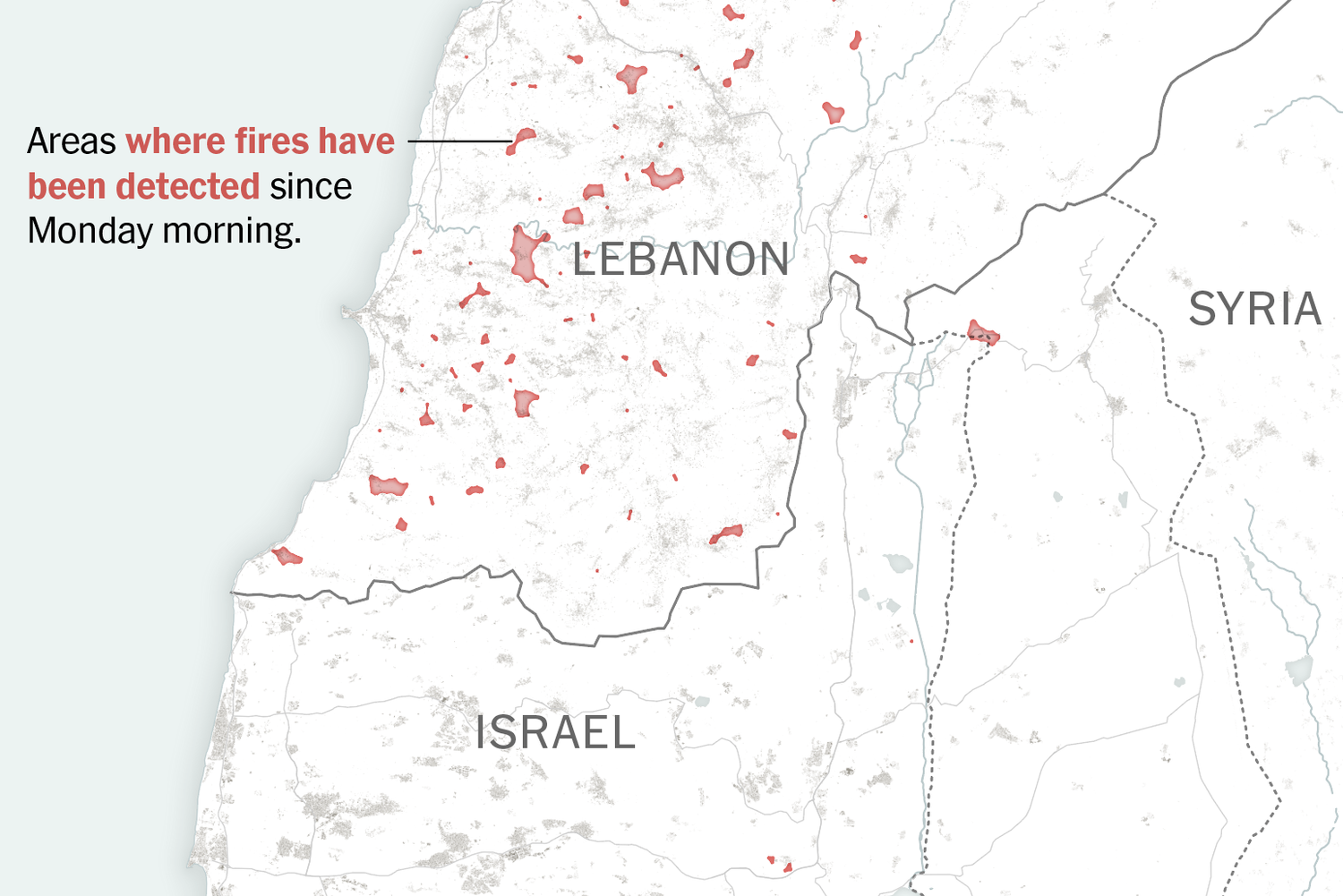The recent international conference on girls’ education wrapped up in Islamabad, culminating in the significant Islamabad Declaration. This document calls on Islamic governments, private institutions, and international organizations to prioritize girls’ education within their national agendas. It also emphasizes the necessity of confronting extremist ideologies and cultural norms that hinder educational opportunities for women.
The declaration stated, “Denying girls their right to education is a grave misuse of religious principles.” It urged the promotion of fatwas and resolutions from Islamic councils that support women’s right to education, affirming that girls’ education is not only a religious obligation but also an urgent societal need. The right to education is recognized as a fundamental right grounded in divine laws, Islamic teachings, international charters, and national constitutions.
The conference served as a platform to promote essential dialogue regarding educational frameworks that respect cultural and religious identities while incorporating valuable national and global insights.
The declaration highlighted the importance of uniting efforts to protect girls’ right to education, recognizing that educated women are vital in building stable families and communities, fostering global peace, and reinforcing resilience against extremism and violence.
It specifically cautioned against extremist ideologies and cultural attitudes that obstruct girls’ education, calling these a troubling continuation of societal biases. The declaration emphasized the need for Islamic nations to mobilize resources to enhance educational methods and content, ensuring girls’ education is prioritized within national strategies.
Key recommendations included providing free scholarships to disadvantaged girls affected by poverty, social upheaval, and conflict. The document called upon Islamic councils to value fatwas that advocate for women’s access to various fields of study and to work actively against opposing views that undermine this fundamental right.
Furthermore, the declaration promoted the development of digital educational resources to improve girls’ access to education and special educational programs tailored for individuals with special needs, ensuring inclusive learning environments.
Pl subscribe to the YouTube channel of republicpolicy.com for quality podcasts:
It urged legislative bodies within Islamic nations to champion girls’ education through effective laws and policies, encouraging media institutions to launch campaigns that emphasize the significance of girls’ education while collaborating with educational experts and religious leaders to address opposing views accurately.
The declaration also stressed the necessity for scientific research into the challenges facing girls’ education in Islamic communities, seeking to identify effective strategies for overcoming these barriers.
Notably, it commended the groundbreaking initiative of Sheikh Dr. Mohammed bin Abdulkarim Al-Issa, Secretary-General of the Muslim World League, for establishing an expansive international partnership platform to bolster girls’ education in Muslim societies.
Lastly, the declaration asserted that those who reject these well-founded Islamic principles, whether individuals or entities, are outside the framework of the Islamic Ummah and should be disavowed. The conference conveyed a strong message to religious platforms worldwide to end the misrepresentation of Islam and uphold women’s rights universally.
















